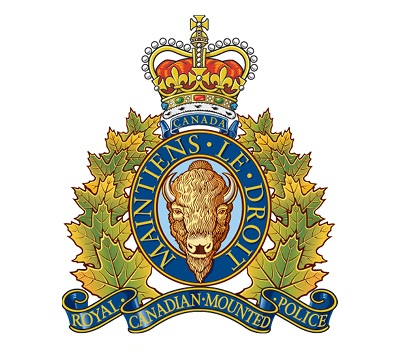ASSISTANT Commissioner Eric Stubbs, BC RCMP Criminal Operations – CORE Policing, on Monday, in response to the enforcement events of November 19 in which two journalists were arrested in the Gidimt’en camp in Wet’suwet’en territory (and which were condemned by the Canadian Civil Liberties Association), said in a statement on Sunday:
THE RCMP understands the important constitutional role the media play in Canada. They inform the public, challenge the status quo and traditional narratives, and they ignite and foster dialogue on important subjects. The RCMP’s relationship with the media is based on mutual respect and professionalism. Our expectation is the media identify themselves as soon as possible and it is our obligation to ensure they have fair and safe access to observe and report.
The RCMP’s protocols and procedures reflect the Court’s direction and guidance with respect to media access during a protest. The courts have indicated, specifically in Re Brake, 2019 NLCA 17 that considerations for journalist presence in a protest be:
i. The person is engaged in apparent good faith in a news-gathering activity of a journalistic nature;
ii. He or she is not actively assisting, participating with or advocating for the protesters about whom the reports are being made;
iii. He or she does no act that could reasonably be considered as aiding or abetting the protestors in their protest actions or in breaching any order that has been already made;
iv. He or she is not otherwise obstructing or interfering with those seeking to enforce the law or any order that has already been made or is not otherwise interfering with the administration of justice;
v. The matters being reported on are matters that can broadly be said to be matters of public interest. Particular consideration should be given to protests involving aboriginal issues.
These conditions have been included in the Community-Industry Response Group (C-IRG) operational planning and enforcement.
The RCMP does not question or dispute that the two individuals who identified themselves as journalists while being arrested, were in fact journalists or on assignment. In fact, the RCMP responded to one of the media agencies on Thursday night on the importance for their journalist to identify themselves to police at the first opportunity and to adhere to police requests or directions moving forward.
The RCMP can confirm:
• The RCMP did not arrest anyone for being a journalist or detain anyone for performing their job.
• On Friday, November 19, the two individuals, that later identified themselves as journalists, were not denied access to the area, nor were they escorted in or asked to stay in a specific area while enforcement was taking place. Both individuals were already on-site and inside barricaded structures with others who were the focus of enforcement efforts underway along Marten FSR. They were among those (11 individuals) advised that their actions were in breach of the BC Supreme Court injunction (civil contempt). They were also among those to whom the injunction was read and they were afforded the opportunity to leave the structures. They did not identify themselves at any point during this dialogue with police, which lasted over 60 minutes.
• When police forced open the door and began to arrest those inside, the individuals then identified themselves as journalists. They were processed and held to appear before Madam Justice Church as per her orders within the injunctions. Their personal belongings were secured and not interfered with and are available to be returned after their court proceedings.
• 20 individuals appeared before the court today in Prince George. The two journalists were released after signing conditions to abide by the injunction, to keep the peace and to attend court at a future date. Hearings continue for other contemnors.
The primary role of the RCMP in any demonstration or assembly is to preserve the peace, protect life and property, and enforce the law. This includes protecting protestors’ rights to peaceful, lawful and safe demonstration as guaranteed under the Canadian Charter of Rights and Freedoms. The RCMP also has a responsibility to ensure the general public and businesses have a right to a safe environment.
Moving forward, I remain available and willing to work with the media on ensuring there are clear communications, processes, and understanding for all those involved.











